Press Release: AFVi Strengthens CNG Safety by Certifying 441 New Fuel System Inspectors
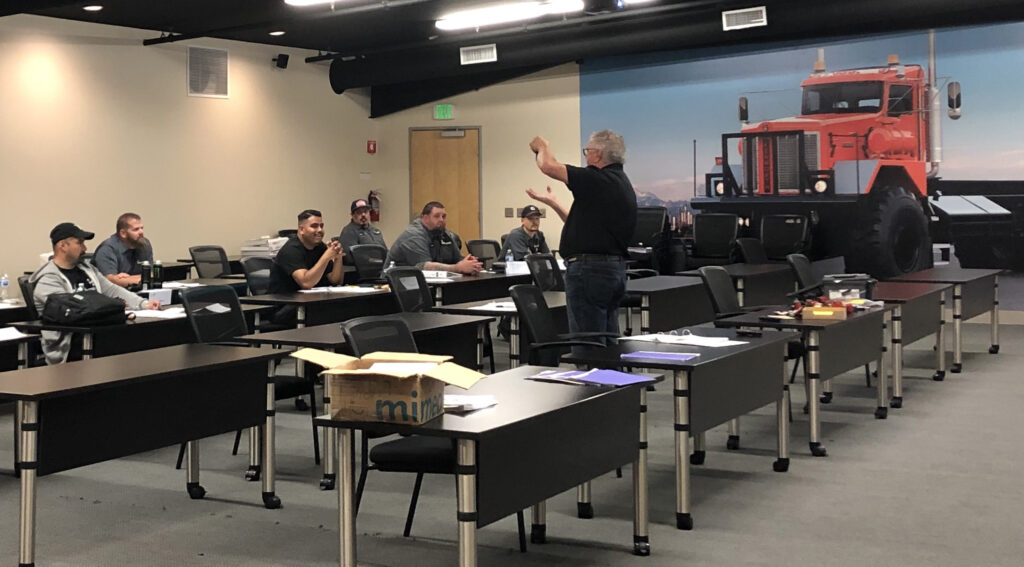
AFVi is proud to spotlight its continued leadership in promoting compressed natural gas (CNG) safety through workforce development and certification. With the successful launch of the Cummins CNG Master Tech Qualification Program and the certification of 441 new CNG fuel system inspectors in 2024, AFVi is setting new standards for safety and operational excellence in […]
Press Release: AFVi Provides Calgary Transit With Comprehensive CNG Fuel System Inspector Training
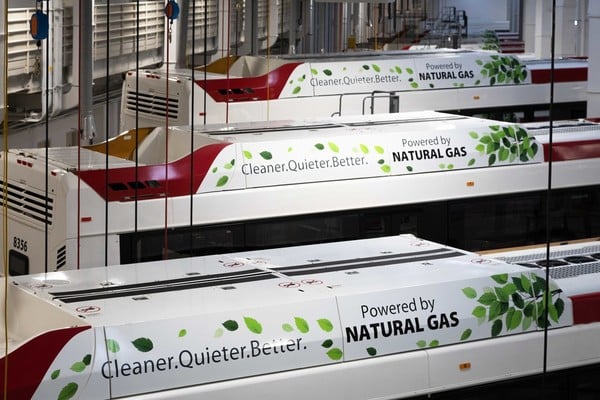
AFVi is proud to announce its partnership with Calgary Transit to deliver live, in-person CNG fuel system inspector training and certification. This coursework is particularly notable because it applies to both U.S. and Canadian fleets — something no other organization in the industry currently offers. Calgary Transit has taken a progressive step towards reducing vehicle […]
AFVi Secures Six-Year Contract With COTA for CNG Technician Training
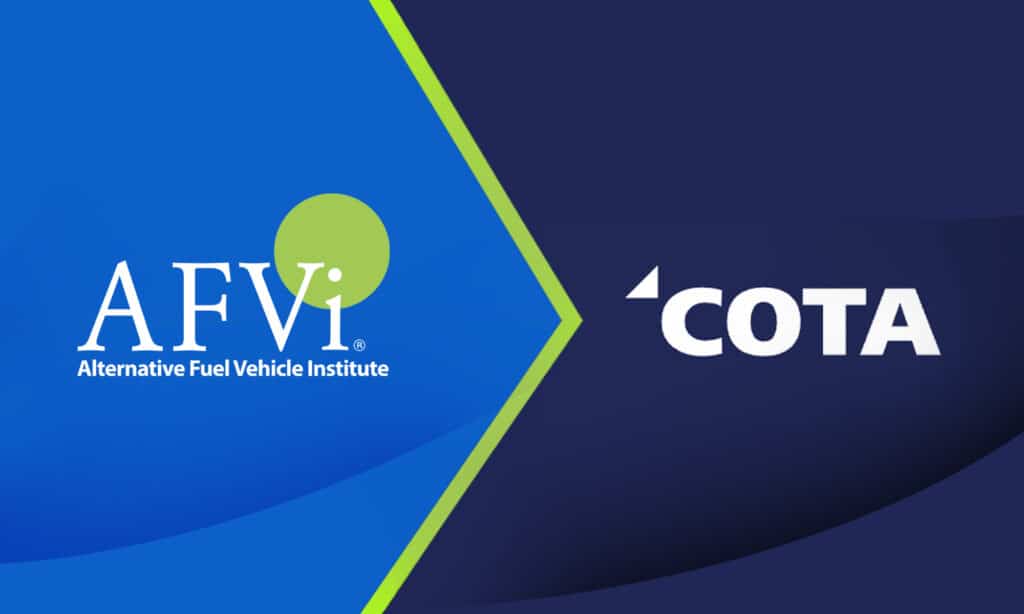
AFVi is proud to announce that it has begun a six-year partnership with the Central Ohio Transit Authority (COTA) to train its CNG technicians on vehicle safety, fuel system inspections, and advanced diagnostics. This contract, which officially began earlier this month, reflects COTA’s commitment to ensuring the highest standards for safety and reliability in its […]
Why AFVi Is the Premier Training Provider in the Alternative Fuels Industry
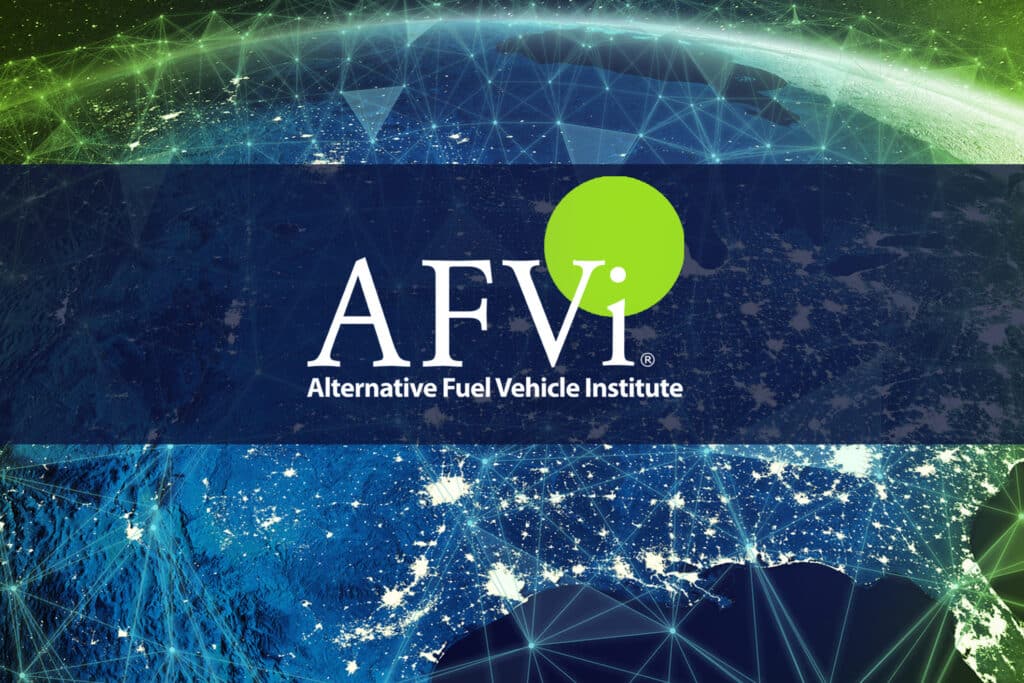
As demand continues to grow for vehicles that run on alternative fuels, technicians need specialized training to keep up with technology changes and to provide high-quality service. AFVi is the leading choice for those who are looking to expand technician expertise with vehicles powered by natural gas (CNG/RNG/LNG), hydrogen, propane, and electricity. This is due […]
Press Release: AFVi Updates CNG Fuel System Inspector Exam To Reflect Latest Industry Standards

Alternative Fuel Vehicle Institute (AFVi) is proud to announce that it has updated its CNG Fuel System Inspector Certification Exam to align with the latest changes in industry codes and standards. These updates underscore AFVi’s commitment to offer the most current and relevant training to CNG technicians so that they meet the highest standards of […]
Press Release: AFVi Launches Industry-First Spanish Training and Certification for CNG Technicians and Fuel System Inspectors
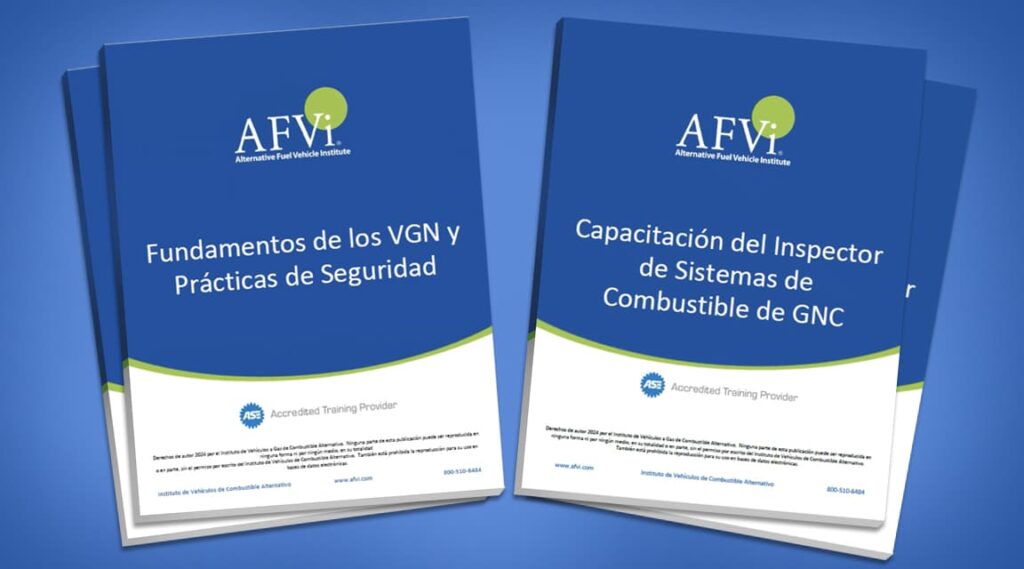
AFVi has officially launched Spanish versions of its comprehensive online training and certification programs for CNG technicians. This groundbreaking initiative marks the first of its kind in the alternative fuels industry, demonstrating AFVi’s commitment to inclusivity in workforce development. “These courses represent a significant step forward in our mission to promote reliable expertise in alternative […]
How To Decommission a Natural Gas Vehicle
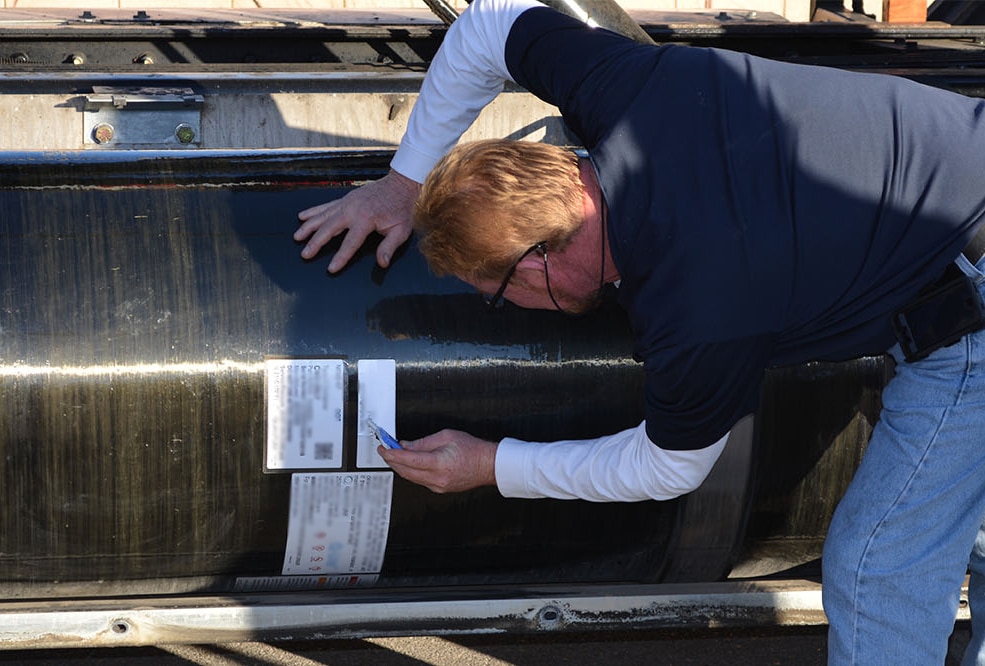
Vehicles that run on compressed natural gas (CNG) are gaining popularity within the alternative fuels industry, thanks in no small part to Cummins latest X15N engine, the adoption of CNG vehicles by major logistics carriers, the availability of renewable natural gas (RNG), and the proliferation of natural gas fueling stations. But as these fleets grow, […]
Press Release: Valvoline-NGVi Partnership Presents 10 Technicians With Free Heavy-Duty Training
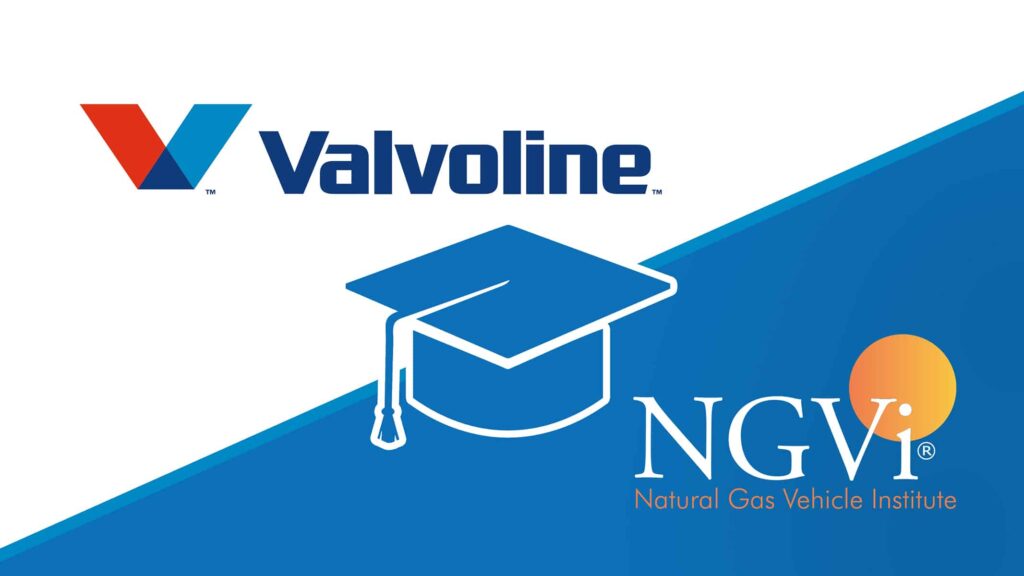
Press Release: Valvoline-NGVi Partnership Presents 10 Technicians With Free Heavy-Duty Training Ten lucky vehicle technicians were recently awarded free heavy-duty natural gas vehicle training thanks to a Valvoline-NGVi partnership raffle. The raffle took place last month at Valvoline’s booth during the ACT Expo in Anaheim, California. Winners were officially announced on May 25th. They now […]
Are You Confused by the Requirements of NFPA 52 and NGV 6.1?
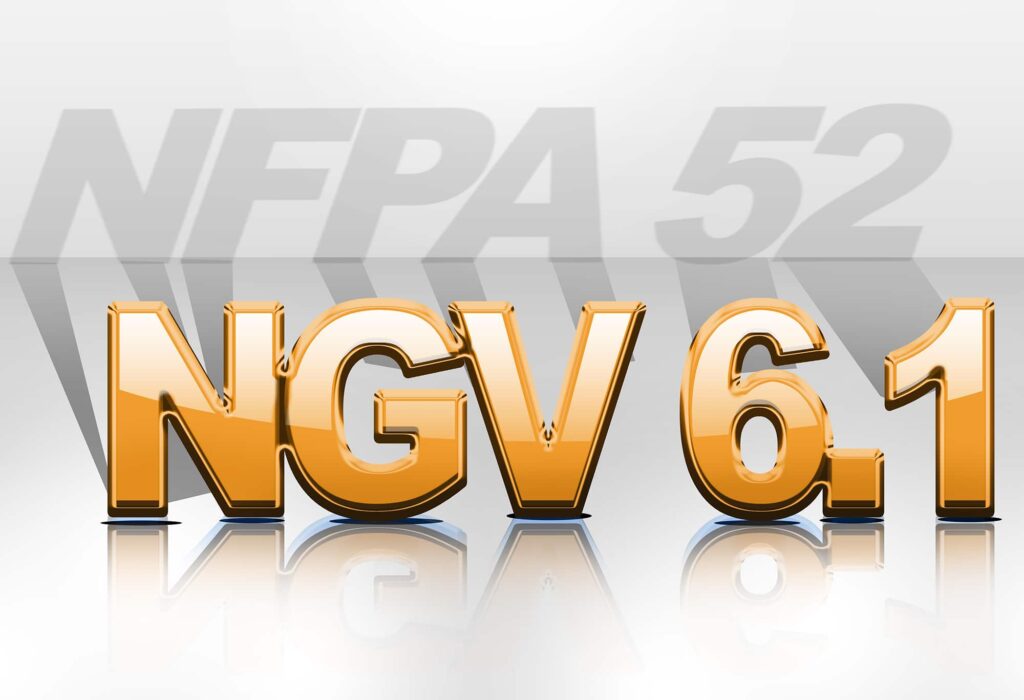
Until recently, the primary code governing CNG fuel system installations has been NFPA 52. However, the 2023 version of NFPA 52 has introduced ANSI/CSA NGV 6.1 as a standard that also governs these installations, and, by default, inspection requirements. The team at NGVi has performed a thorough analysis and comparison of both documents, and has […]
Live-Virtual or E-Learning: Which Online CNG Training Is Better?

CNG training is essential to all technicians who work on or near natural gas-powered vehicles. That training may be as fundamental as learning the safety requirements that are unique to natural gas vehicles, or as involved as exploring the complexities and intricacies of heavy-duty CNG fuel systems and engines. Regardless of what level of knowledge […]

